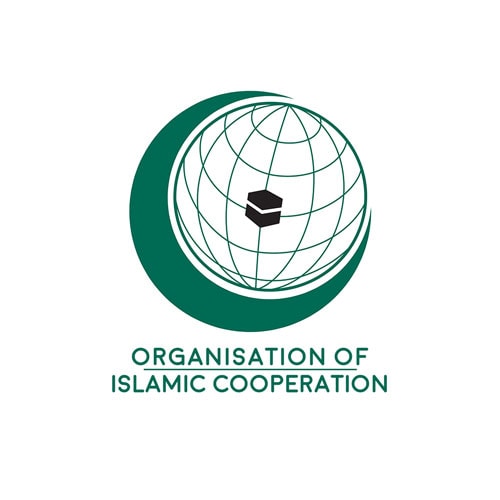The Organisation of Islamic Cooperation (OIC) had thus far contributed extensively in conflict mitigation, beyond the scope of its auspices that was presumably limited to the Muslim world and before according any expectations with the Organisation, it was important to bear in mind that the OIC, unlike the United Nations did not possess the mandate to contemplate, suggest or initiate kinetic actions, said Ambassador Rizwan Saeed Sheikh, Pakistan’s Permanent Representative to OIC.
He was addressing a webinar titled ‘OIC and Prospects of Joint Islamic Action in Contemporary World’ organised by the Institute of Regional Studies (IRS) Islamabad here on Wednesday.
Ambassador Sheikh said that 70 to 80 per cent of the active conflicts in the world right now involved Muslim populations at the risk of being affected, which automatically entailed that the role and function of the OIC was important, now, more than ever.
The organisation’s work, particularly with reference to Kashmir and Palestine issue had gained impetus over the last few years.
He added that considering the genesis of both the issues, the differences amongst the two had become immaterial and that both Palestine and Kashmir had striking resemblances in terms of manner of occupation, exertion of power by the occupants and illegal settlements in respective disputed territories.
Speaking on the challenges to the OIC, Ambassador Sheikh iterated that while the OIC was indispensably amenable to Pakistan’s stand on Kashmir issue, especially after the August 5th adventurism by the Indian forces, the resolution of the issue was fundamentally reliant on the relevant United Nations Security Council resolutions, leaving the OIC with only extending political and diplomatic support for the cause.
In similitude, he added, the fact that Palestine issue was treated as an ‘Arab’ issue, inadvertently resulted in Arab League taking charge of the issue, which had basically limited the scope of the conflict, minimising the chances of its resolution. Had the Palestine issue been entirely taken up by the OIC, it would have gathered larger projection and audience, enabling swift discussions regarding its resolution.
The OIC was committed in its resolve to voice up against the contemporary challenges affecting Muslims across the globe and not just in the member countries and as it was an organisation that took birth in the aftermath of a major conflict itself, i.e., the Arab-Israel war, the organisation stood positive in tackling the challenges in its way.
Dr Usman Chohan, Director Economic Affairs and National Development at CASS, Islamabad while discussing the economic component of the OIC and how Pakistan could play its role in maximising the economic potential for itself and other countries in the Muslim brotherhood emphasised the role of Islamic Development Bank (IDB).
He said that the IDB had a pristine international rating and that while the performance of the multilateral institution thus far was commendable, it had the potential of doing more for OIC member countries. A conservative operational framework, he added, would have been justifiable had the countries in the Islamic world been mostly developed which was not the case in reality.
Dr Zafar Nawaz Jaspal, Professor at the School of Politics and International Relations (SPIR), Quaid-i-Azam University (QAU), Islamabad, said that while it was true that the OIC was expected to serve as a consolidated voice of all Muslim countries, expecting the organisation to assist with the resolution of long-outstanding issues such as Kashmir was a little ludicrous as its resolution was inherently affiliated with the UNSC resolutions.
He said that considering the evolving dynamics of war and the consequent challenges, the expectations from the OIC had to be looked at from three distinct vistas, i.e., its role in ensuring regional security, refugee crises in the aftermath of conflicts, and its role in countering Islamophobia across the globe. The OIC could play a significant role in initiating a ‘Dialogue of Nations’, he added.










